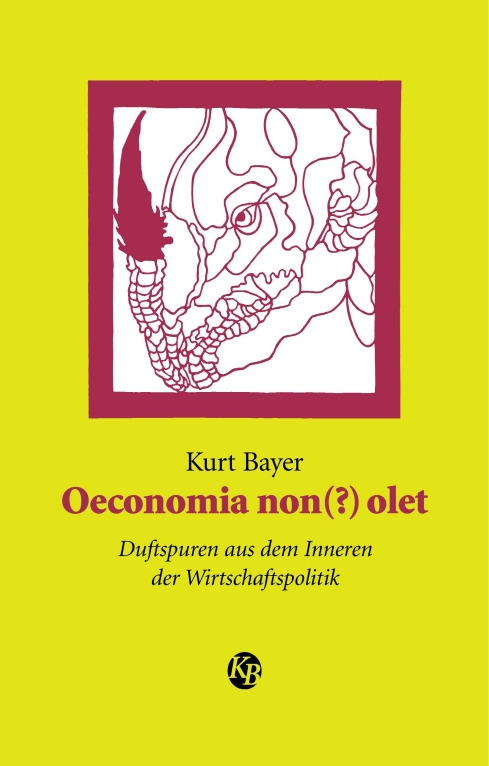The calls for a new European Industrial Strategy are getting louder. Europe’s low growth, remaining high energy prices and convoluted decision procedures have recently led to an „Antwerp Declaration for a European Industrial Deal“, instigated by Belgian authorities and institutions (http://antwerp-declaration.eu/). Chinese excess industrial capacity, the easy access and quick effectiveness of the US Inflation Reduction Act, in addition to high energy prices, the need for de-carbonisation and lack of adequate labor lead to this call for action which by May 6, 2024 has been supported by 1101 organizations, 763 companies and 204 associations and unions. The claim that production sites are being closed and additional businesses move to the USA reinforce this call to action.
Ten individual actions are proposed, from a strategic industry plan 2024-2029, strong public funding with a Clean Tech Doployment Fund, making Europa a globally competitive provider of energy, to a focus on European infrastructure needs, increasing EU’s raw materials security, to boost demand for net zero, low carbon an circular products, to leverage, enforce, revive and improve the Single Market (see my recent blogpostf https://wordpress.com/post/kurtbayer.wordpress.com/3869), to making the innovation framework smarter, a „new spirit of law-making“, to, finally, ensure the structure to permit to achieve results.
Very self-assuredly, the authors claim „We need to keep industry in Europa because the (sic!) industy will deliver the climate solutions Europe needs“.
One would not expect a very different call to action from Europe’s combined industrial sector: it sees itself as the main solution to competitiveness and climate action – forgetting that its actors have been the main culprits in deteriorating climate and biodiversity, in generating vast gaps in income and wealth leading to a breakdown in social and political consensus, thus enabling populist agitators to offer „simple solutions“.
There is noting wrong with many of industry’s demands, however the following points need making:
1. This is a very narrow definition of the subject of an industrial policy: it leaves out all the business services which drive goods and services production as much as production itself.
2. It relies on a „business as usual“ idea: with lower energy costs, more public funds we will „green and decarbonize“ the economy and invest the necessary funds. A thorough re-structuring of the economy, of the way we produce and consume is lacking.
3. The call relies on technical solutions to decarbonize. It does not mention the regulatory role of the state in changing behavior patterns: no decommissionings, no forbidding of products and processes, no tax incentives are mentioned, only „more money“.
4. The proposed actions will not touch the present „model“: no mentioning of the role of the financial sector, no mentioning of controls of production processes and consumption, no mentioning of a change in business investment decision procedures, e.g. involving civil society or even the workers.
5. The „forecast“ that by 2050 Europe’s electricity needs will need to „multiply“ and that industry investment „will need a factor six (!!!)“ shows that no transformational change in the European business model is intended.
We have to take this Antwerp Declaration for what it is: an interest-driven statement by European businesses. Its lack of a „transformational spirit“ shows that it is not fit for the necessary transition towards sustainability. We should expect more.





